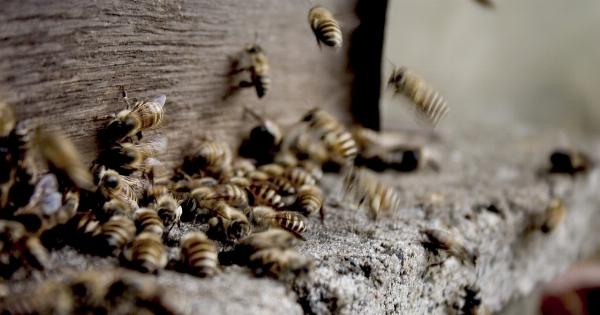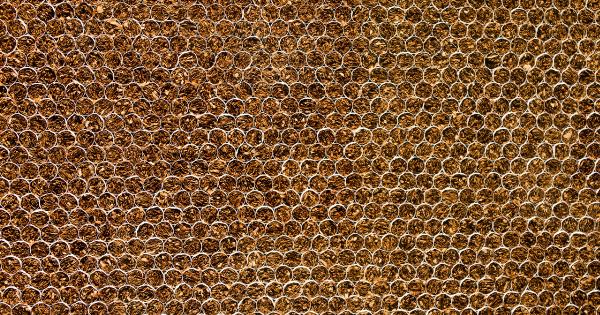Colon cancer, also known as colorectal cancer, is the third leading cause of cancer-related deaths worldwide.
According to the World Cancer Research Fund, diet and lifestyle factors, including inadequate selenium intake, can increase the risk of developing colon cancer. Selenium is a trace mineral that is essential to human health. It plays a significant role in numerous bodily functions and has been shown to have powerful anticancer properties.
In this article, we will explore the relationship between selenium intake and colon cancer prevention.
The Importance of Selenium in the Body
Selenium is a natural mineral found in soil, water, and certain foods. It is an essential nutrient that plays a crucial role in DNA synthesis, thyroid function, and immune system health.
Selenium also acts as an antioxidant, protecting cells from oxidative damage caused by free radicals. This mineral has been shown to have anti-inflammatory and anticancer properties, making it an important nutrient for cancer prevention.
The Relationship Between Selenium and Colon Cancer
Studies have shown that inadequate selenium intake may increase the risk of developing colon cancer.
In a study published in the Journal of the National Cancer Institute, researchers found that individuals with the lowest selenium levels had a significantly higher risk of developing colon cancer compared to those with higher levels of selenium in their bloodstream. The study suggests that increasing selenium intake may decrease the risk of colon cancer.
It is believed that selenium’s anticancer properties are due to its ability to increase the activity of certain enzymes that help prevent DNA damage and promote cell death in cancer cells.
Selenium has also been shown to boost the immune system and reduce inflammation, which can further contribute to cancer prevention.
Food Sources of Selenium
The best way to increase selenium intake is through a diet rich in selenium-containing foods. Some of the best food sources of selenium include:.
- Brazil nuts
- Tuna
- Cod
- Salmon
- Shrimp
- Oysters
- Beef
- Turkey
- Chicken
- Eggs
- Mushrooms
- Spinach
- Whole grains
However, it is essential to note that the selenium content in foods depends on the soil in which they are grown. So, the exact amounts of selenium in the same type of food may vary.
Additionally, the amount of selenium in processed foods can be significantly lower than that in natural, unprocessed foods.
Selenium Supplements
Selenium supplements are also available as pills, capsules, and liquids.
These supplements are popular among people who do not consume enough selenium through their diets or those who have certain health conditions that interfere with selenium absorption. However, it is crucial to be cautious about selenium supplements’ dosage, as too much selenium can be toxic. According to the National Institutes of Health (NIH), the maximum recommended daily intake of selenium is 400 micrograms for adults.
Conclusion
Selenium is an essential nutrient that plays a significant role in human health. Inadequate selenium intake has been associated with an increased risk of colon cancer.
A diet rich in selenium-containing foods, including Brazil nuts, tuna, and mushrooms, can help individuals maintain adequate selenium levels and potentially reduce the risk of colon cancer. Selenium supplements are available, but it is crucial to be cautious not to exceed the recommended daily intake, as too much selenium can be toxic.



























